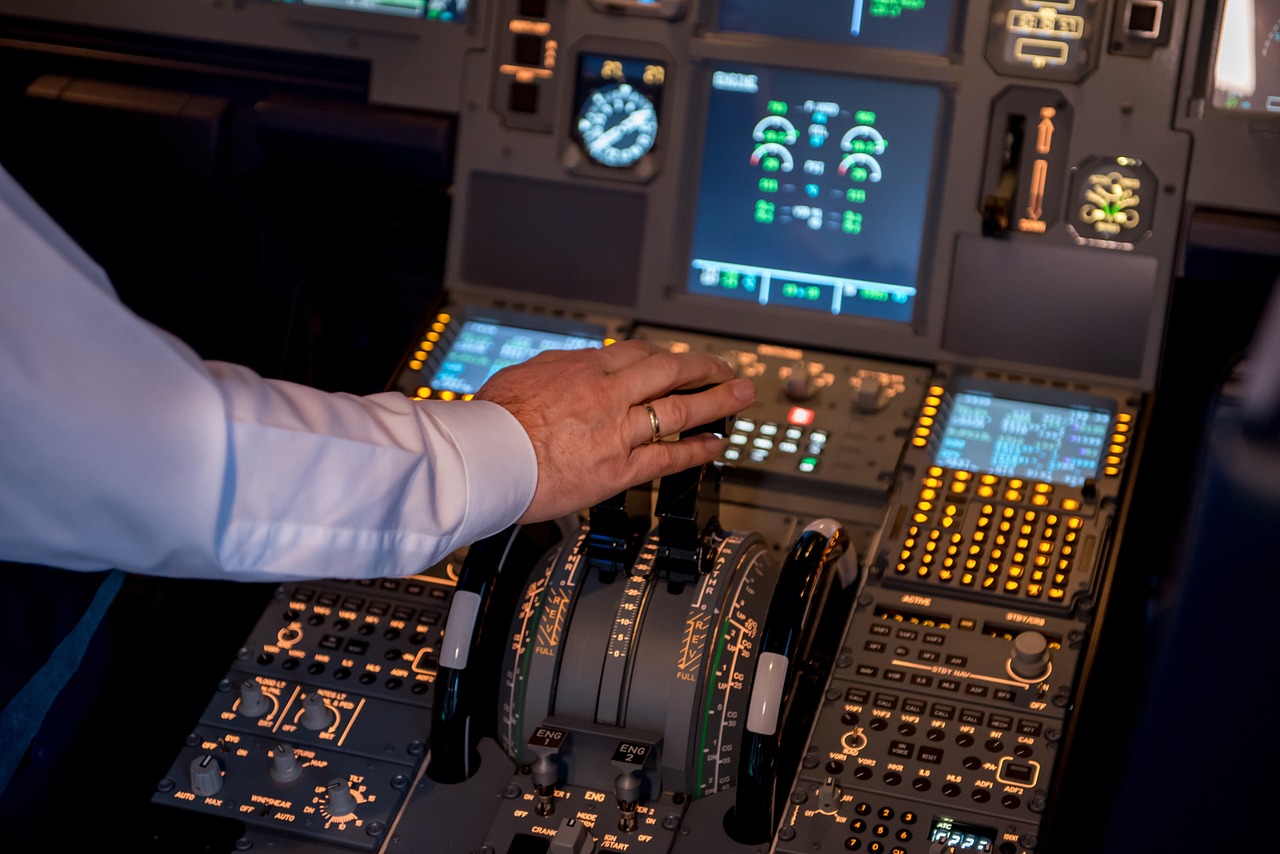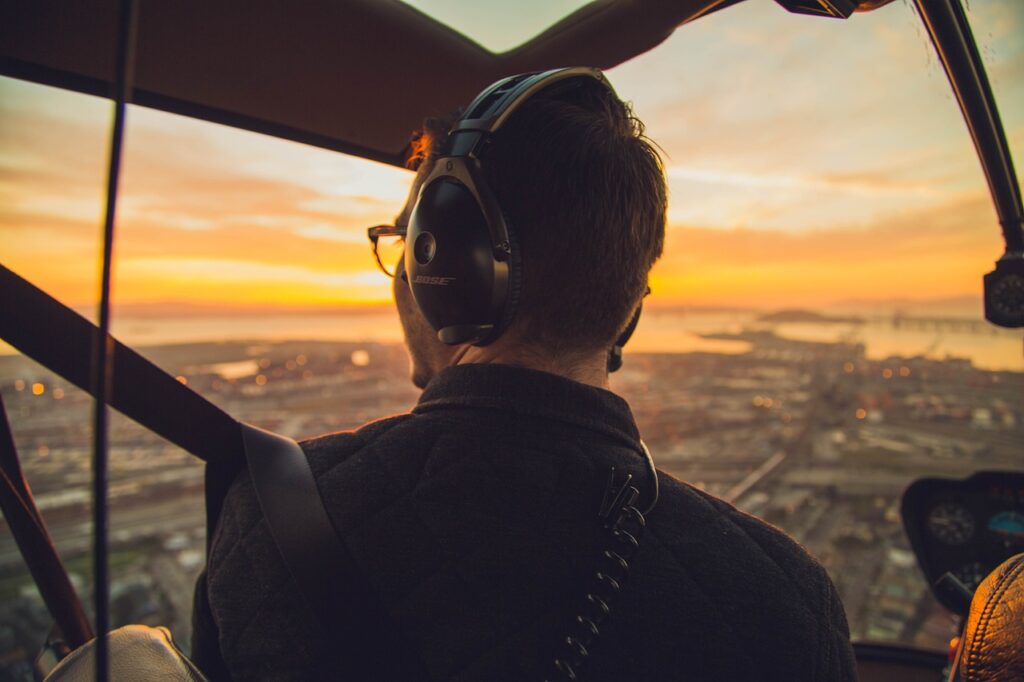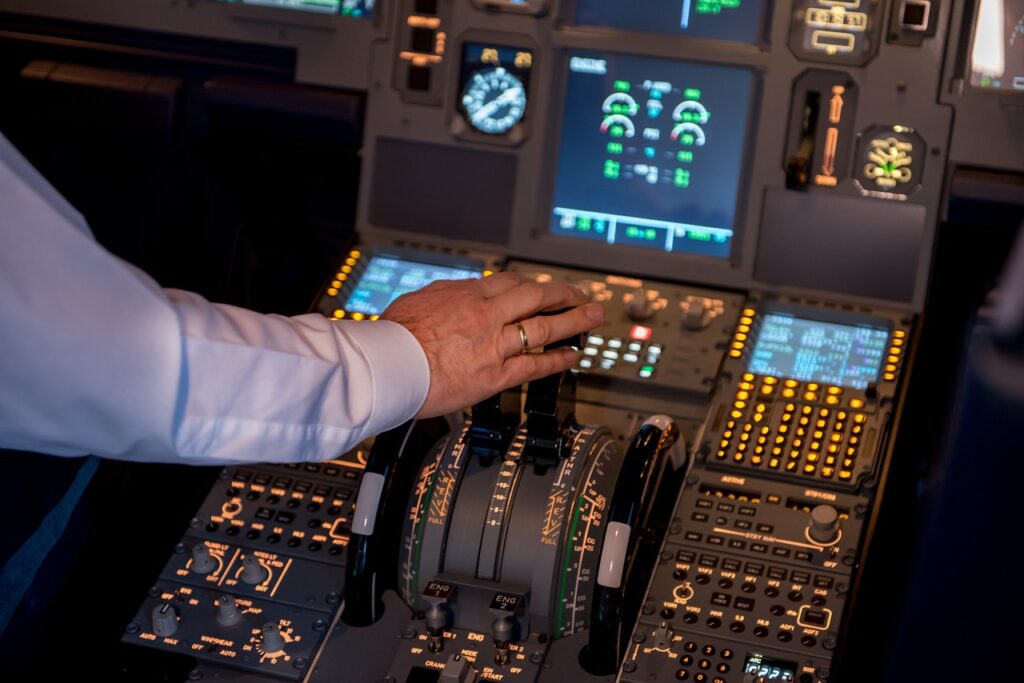



Private aviation offers the luxury of convenience and customization, but it also comes with a set of regulations and guidelines that ensure safety, security, and operational standards. These rules play a pivotal role in the functioning of the private aviation industry and contribute to a seamless and secure travel experience for passengers.
Private aviation is subject to a complex web of regulations that encompass international, national, and local laws. At the international level, organizations like the International Civil Aviation Organization (ICAO) and the International Air Transport Association (IATA) set global standards and recommended practices for aviation safety, security, and efficiency. These standards provide a framework within which national aviation authorities develop their own regulations.
Each country has its own national aviation authority responsible for regulating and overseeing private aviation operations within its borders. In the United States, for instance, the Federal Aviation Administration (FAA) plays a central role in setting and enforcing regulations related to private aviation. These regulations cover a wide range of areas, including aircraft maintenance, pilot certification, air traffic control, and safety standards. Ensuring compliance with these national regulations is crucial for the safe and efficient operation of private aviation services.
Safety is the top priority in private aviation, and this is reflected in the regulations and guidelines that govern the airworthiness of private aircraft. Private jets must meet strict maintenance and inspection standards to ensure they remain in safe operating condition. Maintenance schedules, equipment checks, and regular inspections are essential to guarantee that private aircraft are always in optimal shape. Compliance with these airworthiness standards is not only a legal requirement but a fundamental aspect of ensuring the safety of passengers and crew.
In addition to safety in flight operations, private aviation regulations also address passenger safety and security. These regulations cover areas such as emergency procedures, cabin safety, and onboard equipment. Passengers should feel confident that private jet providers have comprehensive plans in place to address any emergencies that may arise during a flight. These measures extend to security as well, with protocols in place to safeguard passengers and ensure a secure travel environment.

The importance of well-trained and certified pilots cannot be overstated. Pilot certification and training are highly regulated in private aviation, and they are critical for ensuring the safety of flights. Private jet pilots must undergo rigorous training and meet specific qualifications to obtain and maintain their licenses. Continuous education and recurrent training programs are mandatory for pilots to stay current with the latest technologies and safety practices. These regulations are in place to ensure that pilots are equipped to handle a wide range of scenarios and emergencies.
The environmental impact of private aviation is an area of growing concern and, consequently, increased regulation. Carbon emissions and noise pollution are significant considerations in private aviation. Regulations are being put in place to reduce the environmental impact of private jets, including the development of quieter, more fuel-efficient aircraft. Compliance with these regulations not only benefits the environment but also ensures that private aviation remains a responsible and sustainable mode of travel.
The operational side of private aviation is governed by a set of standards and guidelines that encompass various aspects of flight planning, navigation, and air traffic management. These guidelines ensure that private jet flights are conducted efficiently and safely. They cover procedures such as flight planning, fuel management, air traffic coordination, and the use of navigational aids. Adherence to these operational standards is vital for conducting safe and smooth private jet journeys.
For private jet charter companies, compliance with these regulations is not just a legal obligation but a commitment to providing the highest level of service to their clients. Charter companies play a pivotal role in ensuring that private jet operations are conducted in accordance with all relevant regulations and guidelines. They are responsible for coordinating every aspect of the journey, from aircraft maintenance and crew training to safety and security measures. Partnering with a reputable charter company that prioritizes compliance is essential for a safe and enjoyable private jet experience.
Regulatory compliance is not just about adhering to a set of rules; it is about ensuring a safe, efficient, and enjoyable private aviation experience. Compliance with regulations and guidelines allows passengers to have confidence in the safety and security of their journey. It ensures that private jet providers are held to the highest standards, providing passengers with a seamless travel experience. When selecting a private jet charter company, it is crucial to choose one that places regulatory compliance at the forefront of its operations.

We understand the critical importance of regulatory compliance in private aviation. As a private jet charter provider, we are committed to upholding the highest standards of safety, security, and operational excellence. When you charter a private flight with us, you can be confident that your journey will be conducted in full compliance with all relevant regulations and guidelines. Contact us today to discuss your travel needs and experience private aviation at its safest and most efficient.